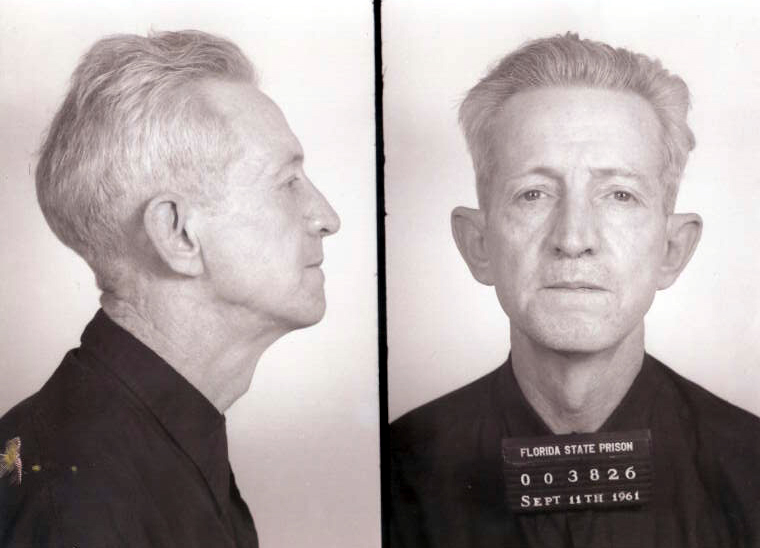premiumtix.net – In 1963, the Supreme Court of the United States made a monumental decision that would forever alter the landscape of legal rights in the country. This decision was encapsulated in the landmark case of Gideon v. Wainwright, and its story was vividly chronicled in the 1964 book Gideon’s Trumpet by Anthony Lewis. The book not only recounts the legal battle but also delves into the personal journey of Clarence Earl Gideon, a semiliterate drifter who became a symbol of justice and equality under the law.
The Case of Clarence Earl Gideon
Clarence Earl Gideon, the protagonist of Gideon’s Trumpet, was arrested in Panama City, Florida, in 1961 for burglary and petty theft. Despite his plea for an attorney, the court denied his request, stating that Florida law only provided counsel for capital offenses. Gideon, representing himself, was found guilty and sentenced to five years in prison.
Determined to fight for his rights, Gideon wrote a handwritten petition to the Supreme Court of Florida, which was denied. Undeterred, he continued his fight, eventually appealing to the Supreme Court of the United States. His case, Gideon v. Wainwright, argued that the Sixth Amendment’s right to counsel applied to state criminal proceedings.
The Supreme Court Decision
In a unanimous decision, the Supreme Court ruled in favor of Gideon, stating that the Constitution requires the states to provide counsel in criminal cases where the defendant faces actual imprisonment. This decision was a pivotal moment in American legal history, ensuring that all individuals, regardless of their financial status, have the right to legal representation in criminal proceedings.
The Impact of Gideon’s Trumpet
Gideon’s Trumpet not only recounts the legal battle but also provides a deep insight into the personal journey of Clarence Earl Gideon. The book highlights the importance of perseverance and the power of the legal system to correct injustices. It serves as a testament to the idea that one individual can make a significant impact on the law and society.
The book’s impact was further recognized when it won an Edgar Award from the Mystery Writers of America in 1965 for Best Fact Crime book, acknowledging its compelling narrative and significant contribution to the field of legal literature.
Conclusion
Gideon’s Trumpet is more than just a legal case; it is a story of hope, justice, and the indomitable human spirit. It reminds us of the importance of legal representation and the role of the judiciary in protecting the rights of all citizens. As we reflect on the legacy of Gideon v. Wainwright, we are reminded of the power of one individual to change the course of history.
This landmark case and its narrative continue to inspire discussions on legal rights and the pursuit of justice, making Gideon’s Trumpet a timeless piece of American legal literature.
